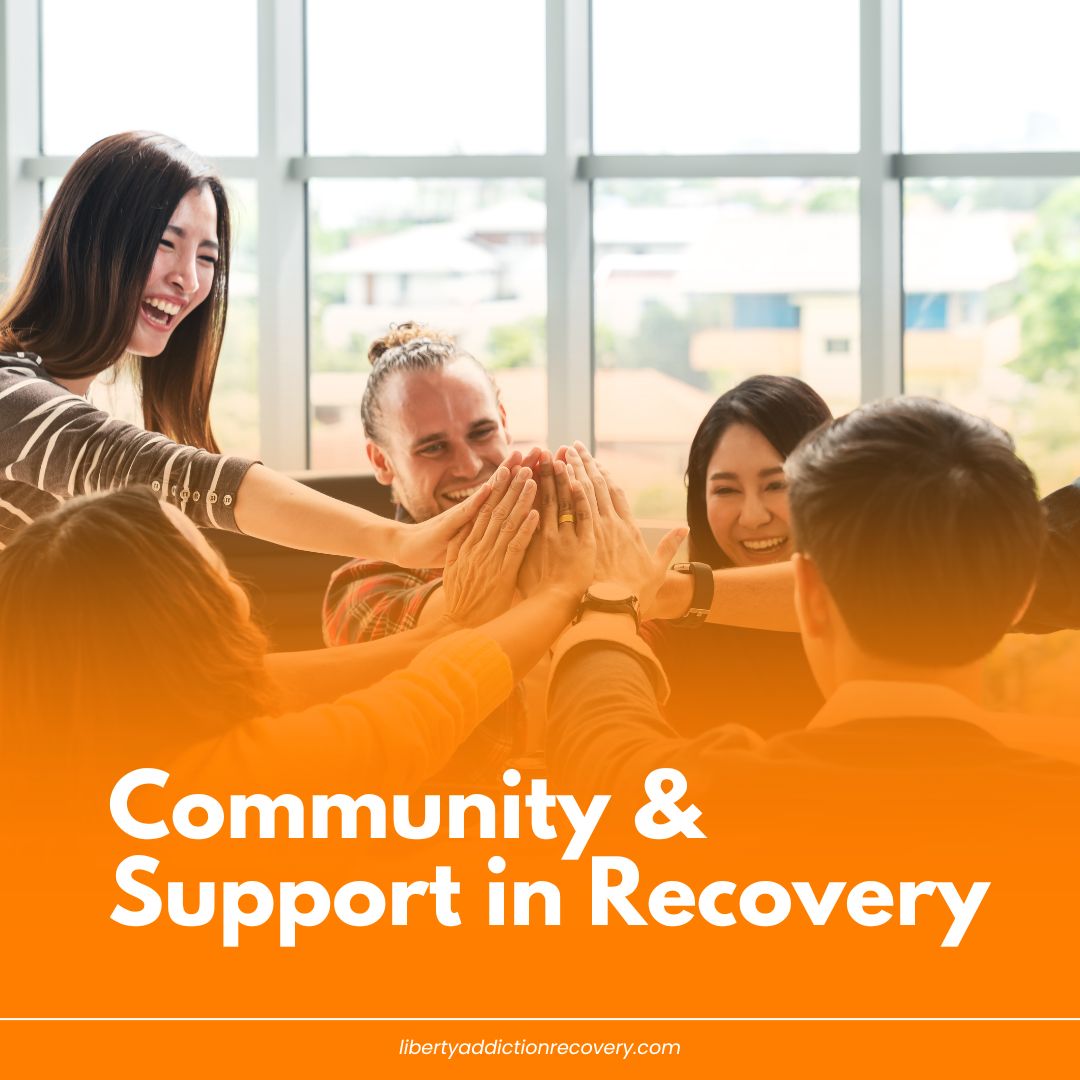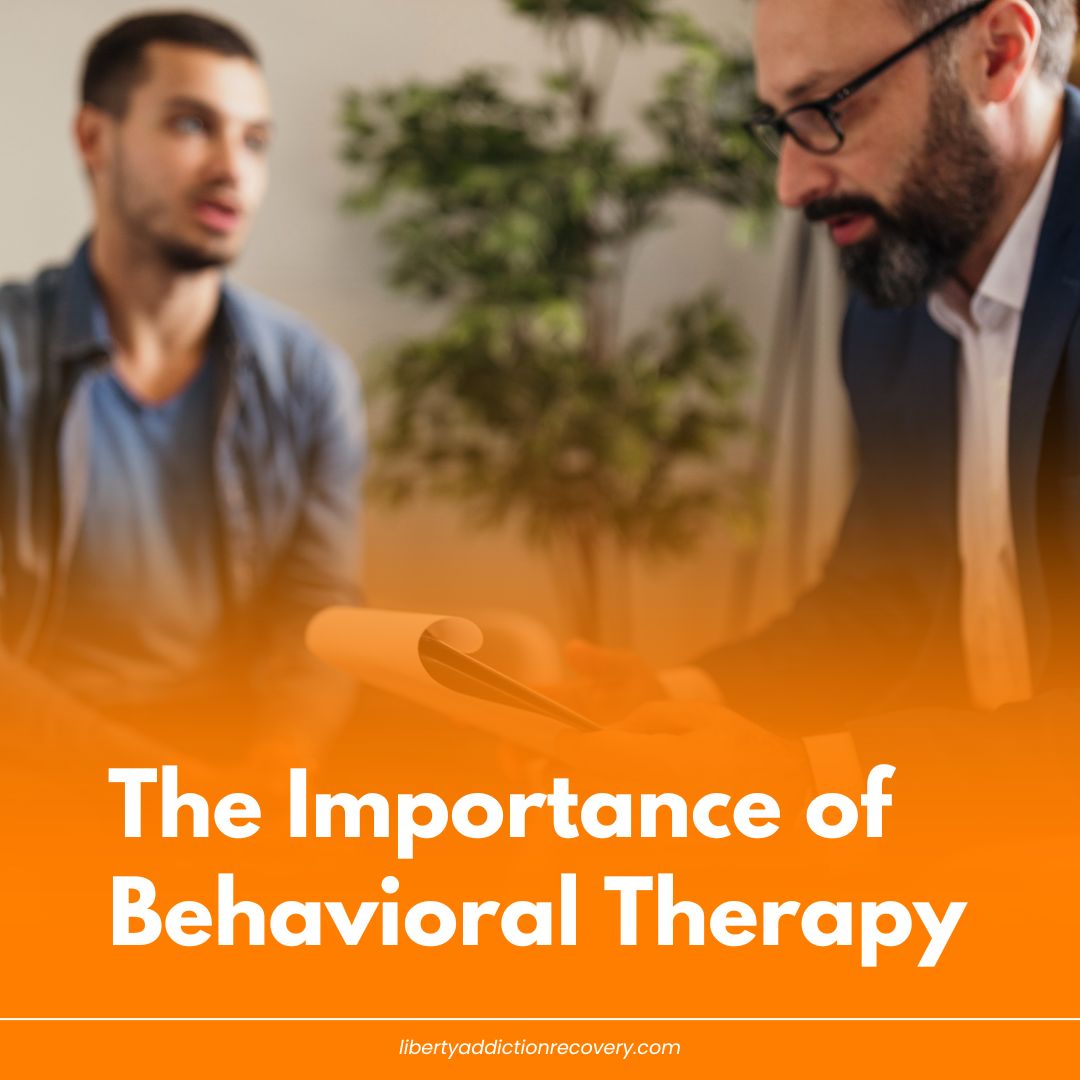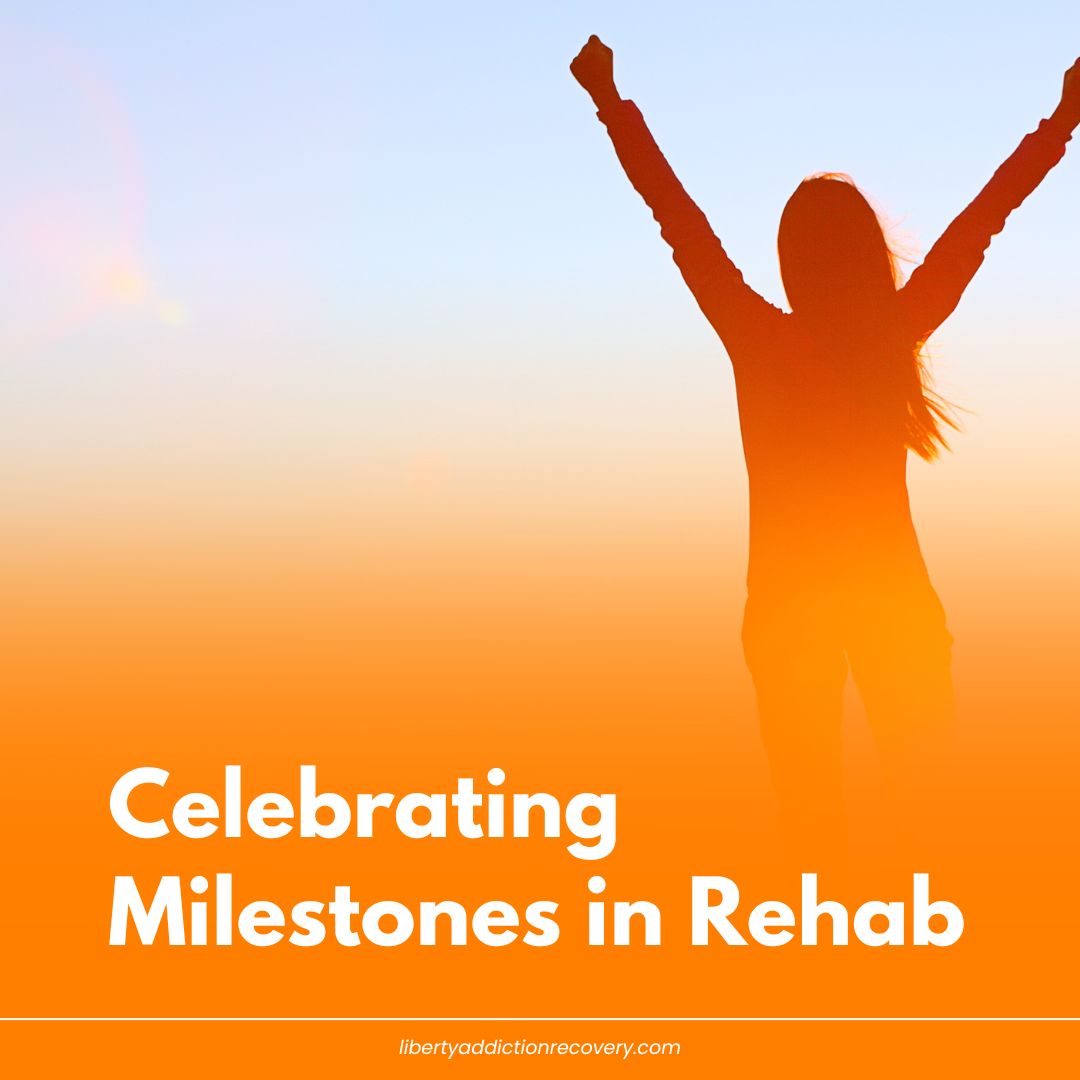Welcome to our article about the crucial role of community and support in the recovery journey at Utah rehab facilities. Addiction is a complex disease, and in Utah, where substance abuse rates are among the highest in the country, seeking professional help is essential for successful recovery.
Here, we will provide an overview of Utah rehab services, explore the stages of the recovery journey, highlight the importance of community support, and discuss strategies for overcoming challenges along the way.
Key Takeaways:
- Community and support are critical components of the recovery journey at Utah rehab facilities.
- Utah offers a range of inpatient and outpatient rehabilitation services tailored to individual needs.
- Behavioral therapy and a supportive environment play a significant role in achieving long-term recovery.
Understanding Utah Rehab
Rehabilitation services in Utah offer a comprehensive approach to substance abuse treatment, including both inpatient and outpatient options. Professional help is essential in the recovery journey, and individualized treatment plans are tailored to meet the specific needs of each patient.
Inpatient programs are designed for patients requiring 24/7 care and support. These programs provide a structured environment and offer medical detoxification, behavioral therapy, and counseling services, among others. Outpatient programs, on the other hand, allow patients to continue with their daily activities while receiving treatment. These programs could include group or individual therapy sessions, cognitive-behavioral therapy, or medication-assisted treatment, depending on the individual’s treatment needs.
Utah rehab services focus on evidence-based treatment approaches, such as cognitive-behavioral therapy and motivational interviewing, which help patients identify and change negative thought patterns and behaviors that lead to substance abuse. These treatment approaches also provide patients with the necessary tools and coping skills to prevent relapse and maintain long-term recovery.

Types of Rehabilitation Services in Utah
| Service Type | Description |
|---|---|
| Inpatient Rehab | 24/7 care and support with a structured environment |
| Outpatient Rehab | Flexible treatment options while continuing with daily activities |
| Medical Detoxification | Safe and medically supervised detoxification to manage withdrawal symptoms |
| Behavioral Therapy | Evidence-based therapy to identify and change negative thought patterns and behaviors that lead to substance abuse |
| Counseling Services | Individual or group counseling sessions to address psychological and emotional issues related to substance abuse |
| Medication-Assisted Treatment | Combining medication and therapy to treat substance abuse disorders |

The Recovery Journey
The recovery journey is a process that involves different stages. It begins with acknowledging the problem and seeking help, followed by undergoing treatment, and finally, maintaining sobriety. In Utah rehab, behavioral therapy plays a vital role in helping individuals develop the skills and tools necessary to achieve long-term recovery.
Cognitive-behavioral therapy (CBT) is a common form of behavioral therapy used in Utah rehab programs. CBT helps individuals identify and change negative patterns of thinking and behavior that contribute to substance abuse. It teaches them coping skills to manage triggers and stresses that may lead to relapse.
Getting professional help is only one part of the recovery journey. A supportive environment is equally essential in maintaining long-term sobriety. Utah rehab programs provide a supportive community of peers and professionals who understand the challenges of the recovery journey. This community creates a safe space where individuals can share their experiences and receive encouragement and support.
The Role of Supportive Environment
A supportive environment is critical to the recovery journey as it provides emotional and social support. Utah rehab programs offer group therapy sessions where individuals can connect with others who are going through the same experience. These sessions provide a sense of belonging and camaraderie, which helps improve mental health and emotional well-being.
Peer mentoring is another form of community support offered in Utah rehab programs. It involves connecting individuals in recovery with a mentor who has successfully navigated the recovery journey. The mentor provides guidance, encouragement, and accountability to the mentee, helping them stay motivated and focused on their goals.
12-step programs are also prevalent in Utah rehab facilities. These programs provide individuals with a structured approach to recovery that involves working through the 12 steps with the support of a group of peers. The program provides a spiritual foundation for recovery, emphasizing the importance of surrender, humility, and acceptance.
The Importance of Behavioral Therapy
Behavioral therapy is an integral part of Utah rehab programs. It helps individuals learn to identify and change negative patterns of thinking and behavior that contribute to substance abuse. By replacing negative behavior with positive behavior, individuals can develop coping skills to manage triggers and avoid relapse.
Behavioral therapy is evidence-based and has been proven to be effective in treating substance abuse disorders. In Utah rehab programs, CBT is commonly used to address the underlying causes of substance abuse. CBT focuses on identifying and challenging negative thoughts and beliefs, replacing them with positive coping skills.
In conclusion, the recovery journey in Utah rehab involves acknowledging the problem, seeking professional help, and maintaining sobriety. Behavioral therapy and a supportive environment are critical in achieving long-term recovery. In Utah rehab, individuals can connect with a community of peers and professionals who understand the challenges of the recovery journey and can provide the support and encouragement needed to succeed.

Community Support in Utah Rehab
Community support plays a vital role in rehab programs in Utah. Group therapy, peer mentoring, and 12-step programs are just a few examples of the forms of support available to individuals in recovery.
One of the most significant benefits of community support is the sense of connection and belonging it provides. Individuals can connect with others who have similar experiences, share their challenges, and provide support, encouragement, and accountability, which are all crucial components of the recovery journey.
According to the Substance Abuse and Mental Health Services Administration (SAMHSA), individuals who participate in support groups and peer programs are more likely to maintain long-term recovery. These programs can also help individuals develop meaningful relationships and improve their overall quality of life.
Many rehab programs in Utah offer community-based support as part of their comprehensive treatment plans. These options create a supportive environment that encourages individuals to maintain their sobriety and continue their recovery journey with a sense of purpose and hope.
Peer Mentoring
Peer mentoring is a form of community support that matches individuals in recovery with others who have similar experiences. These mentors, who are often in long-term recovery themselves, provide guidance, encouragement, and practical advice to newcomers in the program.
The benefits of peer mentoring include the development of trusting relationships and the opportunity to learn from someone who has successfully overcome similar challenges. Peer mentors can also provide a non-judgmental ear during difficult times and offer valuable insights into the recovery process.
Group Therapy
Group therapy is a form of support that involves individuals coming together to share their experiences, challenges, and successes. This approach provides a safe and supportive environment that encourages open and honest communication.
Group therapy can help individuals develop new coping skills and strategies to manage their triggers and cravings. It can also help individuals build social connections and develop a sense of community outside of their rehab program.
In addition, group therapy can help individuals address underlying mental health concerns that may be contributing to their substance use disorder. By addressing these issues in a supportive group environment, individuals can achieve lasting recovery and improved overall well-being.
The Power of Peer Relationships
Building relationships with others who have similar experiences can be a powerful tool in the recovery journey. Peer relationships can provide support, encouragement, and accountability, all of which are essential for maintaining long-term sobriety.
Through group therapy, peer mentoring programs, and 12-step meetings, individuals can connect with others who understand the challenges of addiction and are committed to supporting each other. Sharing experiences, successes, and struggles can help individuals feel less isolated and more motivated to continue their recovery journey.
Positive peer relationships can also help individuals develop important social skills, such as communication, empathy, and trust. These skills can be beneficial in all areas of life and can help individuals build stronger relationships with family, friends, and coworkers.
Holistic Approach to Utah Rehab
In Utah rehab centers, a holistic approach is often taken to promote overall well-being and enhance the recovery journey. By integrating various modalities and practices, individuals can address their physical, emotional, and spiritual needs, increasing their chances of successful, long-term recovery.
Mindfulness practices, such as meditation and deep breathing, can help individuals develop a greater sense of self-awareness and improve emotional regulation. Yoga can promote physical fitness, flexibility, and relaxation, while also alleviating stress and anxiety. Proper nutrition can provide the body with the nutrients it needs to heal and function optimally, while physical fitness can boost mood and self-esteem and improve overall health.
By taking a holistic approach to rehab, individuals can learn to address the underlying causes of their addiction and develop healthy coping mechanisms to manage stress and triggers. This can lead to improved physical and mental health, increased self-esteem, and a greater sense of purpose and meaning in life.
| Challenges | Strategies to Overcome |
|---|---|
| Cravings and triggers | Develop coping skills, identify triggers, and avoid high-risk situations. |
| Withdrawal symptoms | Seek medical assistance, consider medication-assisted treatment, and practice self-care. |
| Relapse | Attend support groups, get professional help, and revisit treatment plans. |
| Stay connected—support is always available. | |
It is important for individuals to understand that encountering challenges during recovery is normal and does not signify failure. Instead, persistence and determination are needed to overcome these obstacles.
Building resilience by practicing mindfulness, developing healthy coping skills, and focusing on personal growth can help individuals overcome obstacles in their recovery journey. Seeking professional assistance and participating in support groups can also provide essential support during challenging times.
Seeking Professional Support
Professional support can be an essential aspect of overcoming challenges during the recovery journey. Mental health professionals can provide individualized treatment plans and evidence-based therapies to address underlying mental health conditions that may be contributing to substance abuse. Medical professionals can also provide medication-assisted treatment to manage withdrawal symptoms and cravings.
It is important for individuals to seek professional help when facing challenges during their recovery journey and proactively communicate any concerns or setbacks to their treatment team.
Reevaluating Treatment Plans
Reevaluating treatment plans may be necessary when individuals encounter challenges in their recovery journey. This may involve adjusting the intensity and duration of treatment, considering alternative treatment options, or seeking additional support.
Open communication with treatment providers, participation in support groups, and a willingness to try new approaches can help individuals overcome challenges and achieve long-term recovery.
Celebrating Milestones and Continued Support
Recovery is a journey, and it’s important to celebrate the milestones along the way. Whether it’s completing a treatment program or reaching a certain number of days sober, acknowledging these achievements can boost motivation and provide a sense of accomplishment.
However, it’s also important to recognize that recovery is an ongoing process. While completing a treatment program is a significant milestone, it doesn’t mean the journey is over. Continuing to engage in aftercare programs and seeking support when needed can help individuals maintain their recovery long-term.
In Utah, there are numerous resources available for continued support. Many rehab facilities offer aftercare programs, such as outpatient therapy and support groups. Additionally, there are numerous community resources, such as 12-step programs and peer support groups, that can provide ongoing support and connection.
It’s important for individuals to understand the value of continued support and to take advantage of the resources available to them. Connecting with others who have similar experiences and staying involved in recovery communities can provide ongoing encouragement, accountability, and motivation.

Conclusion – Utah Rehab
In conclusion, Utah rehab programs offer a comprehensive approach to recovery that emphasizes the importance of community and support. Professional assistance and tailored treatment plans can help individuals navigate the various stages of the recovery journey, from acknowledging the problem to maintaining sobriety.
Community support programs, such as group therapy, peer mentoring, and 12-step programs, can play a critical role in boosting recovery outcomes. Positive peer relationships can provide support, encouragement, and accountability during the recovery journey.
A holistic approach to rehab, including mindfulness practices, yoga, nutrition, and physical fitness, can support overall well-being during recovery. Overcoming common challenges, such as developing coping skills, building resilience, and seeking professional support, is key to maintaining long-term recovery.
Celebrating milestones and seeking continued support beyond rehab is vital for a successful recovery. Utah offers a range of programs and resources aimed at providing ongoing support to individuals in their recovery journey. Remember to seek professional help and leverage available resources for a successful recovery.
FAQ – Utah Rehab
Q: What is the role of community and support in the recovery journey?
A: Community and support play a crucial role in the recovery journey. They provide individuals with a sense of belonging, understanding, and encouragement. Being surrounded by a supportive community can help individuals overcome challenges, maintain motivation, and establish healthy coping mechanisms.
Q: Why is Utah considered a relevant location for rehab services?
A: Utah has gained recognition for its quality rehab services due to its commitment to comprehensive, evidence-based treatment approaches. The state offers a supportive environment with a range of treatment options, expert professionals, and a strong community network that enhances the recovery journey.
Q: What are the different types of rehab services available in Utah?
A: Utah provides both inpatient and outpatient treatment options. Inpatient rehab involves residing at a treatment facility for a specified period, while outpatient rehab allows individuals to attend therapy sessions while living at home. Both options provide access to professional help and tailored treatment plans.
Q: How does behavioral therapy contribute to the recovery journey?
A: Behavioral therapy is a cornerstone of the recovery journey. It helps individuals identify and change negative patterns of thinking and behavior related to substance abuse. By learning healthier coping strategies and developing new skills, individuals can build resilience and maintain sobriety.
Q: What forms of community support are available in Utah rehab?
A: Utah rehab programs offer various forms of community support, including group therapy, peer mentoring, and participation in 12-step programs. These avenues provide individuals with opportunities to share experiences, learn from others, and establish meaningful connections with individuals who understand their journey.
Q: How do positive peer relationships impact the recovery journey?
A: Positive peer relationships have a significant impact on the recovery journey. Connecting with individuals who have similar experiences can provide support, encouragement, and accountability, making the path to recovery feel less lonely. These relationships foster a sense of camaraderie and create a support network that individuals can rely on.
Q: What does a holistic approach to Utah rehab entail?
A: A holistic approach to Utah rehab involves integrating various modalities such as mindfulness practices, yoga, nutrition, and physical fitness into the recovery journey. The aim is to support overall well-being, addressing not only the physical aspects but also the emotional, mental, and spiritual dimensions of recovery.
Q: What are some common challenges individuals face during the recovery journey?
A: Some common challenges individuals may face during the recovery journey in Utah rehab include cravings, triggers, emotional ups and downs, and the process of rebuilding relationships. Overcoming these challenges may require developing coping skills, building resilience, seeking professional support, and utilizing community resources.
Q: Why is it important to celebrate milestones in the recovery journey?
A: Celebrating milestones in the recovery journey is essential as it reinforces positive behavior and provides individuals with a sense of accomplishment. Recognizing and acknowledging milestones can boost motivation, instill confidence, and serve as a reminder of the progress made. It also highlights the importance of continued support beyond rehab.
Q: How can individuals access continued support programs and resources in Utah?
A: Utah offers a range of continued support programs and resources for individuals in recovery. These can include support groups, counseling services, aftercare programs, and online communities. Seeking out these resources can help individuals maintain their recovery long-term and access ongoing support for any challenges they may encounter.






